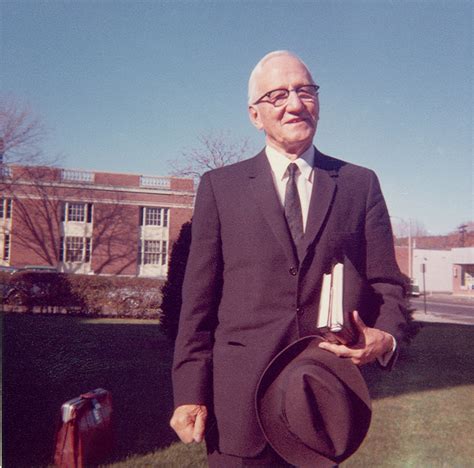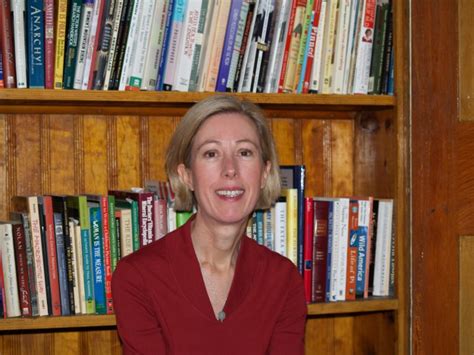A Quote by E. Stanley Jones
Our intentions may be very good, but, because the intelligence is limited, the action may turn out to be a mistake - a mistake, but not necessarily a sin, for sin comes out of a wrong intention.
Related Quotes
Any action coming out of unconsciousness is sin. The action may look virtuous, but it cannot be. You may create a beautiful facade, a character, a certain virtuousness; you may speak the truth, you may avoid lies; you may try to be moral, and so on and so forth. But if all this is coming from unconsciousness, it is all sin.
Every one of our sinful actions has a suicidal power on the faculties that put that action forth. When you sin with the mind, that sin shrivels the rationality. When you sin with the heart or the emotions, that sin shrivels the emotions. When you sin with the will, that sin destroys and dissolves your willpower and your self-control. Sin is the suicidal action of the self against itself. Sin destroys freedom because sin is an enslaving power.
To create guilt, all that you need is a very simple thing: start calling mistakes, errors - sins. They are simply mistakes, human. Now, if somebody commits a mistake in mathematics - two plus two, and he concludes it makes five - you don`t say he has committed a sin. He is unalert, he is not paying attention to what he is doing. He is unprepared, he has not done his homework. He is certainly committing a mistake, but a mistake is not a sin. It can be corrected. A mistake does not make him feel guilty. At the most it makes him feel foolish.
I would rather commit a sin of commission than a sin of omission, and the evangelical community is exactly the opposite. The evangelical community would rather not do something wrong and the price they're willing to pay for not doing something wrong is they're willing to fail to do something right; they're so afraid of making a mistake. Now the reason they're afraid of making a mistake is they're cowards and our community produces cowards.
There are many ways to cover up our sin. We may justify or minimize it by blaming circumstances and others people. However, real repentance first admits sin as sin and takes full responsibility. True confession and repentance begins when blame shifting ends...Just as real repentance begins only where blame shifting ends, so it also begins where self-pity ends, and we start to turn from our sin out of love for God rather than mere self-interest.
God really does take our work seriously: It is wrong, it is a sin, to accept or remain in a position that you know is a mismatch for you. Perhaps that's a form of sin you've never considered - the sin of staying in the wrong job. But God did not place you on the earth to waste away your years in labor that does not employ his design or purpose for your life, no matter how much you may be getting paid for it.
We tend to speak of sin in very personal and individual terms. Jeremiah does not downplay that, but he also sees how a whole society can be bound up in the tentacles of sin, in the assumptions that everybody around you makes, about how it becomes easier to sin than not to, and how we can become so confused and contradictory in our reactions, when sin is pointed out.




































